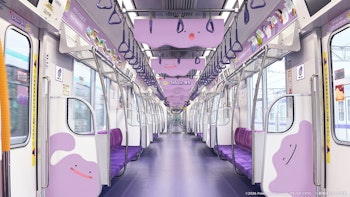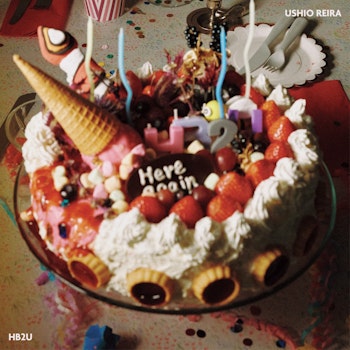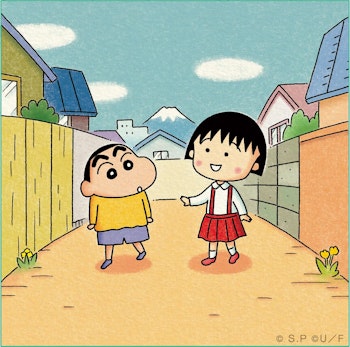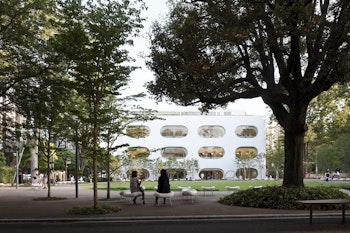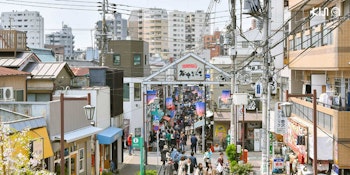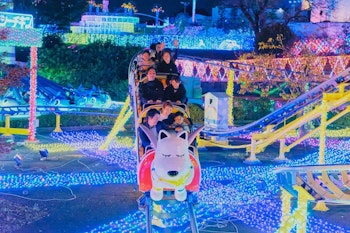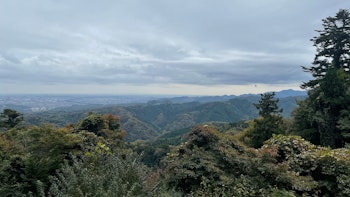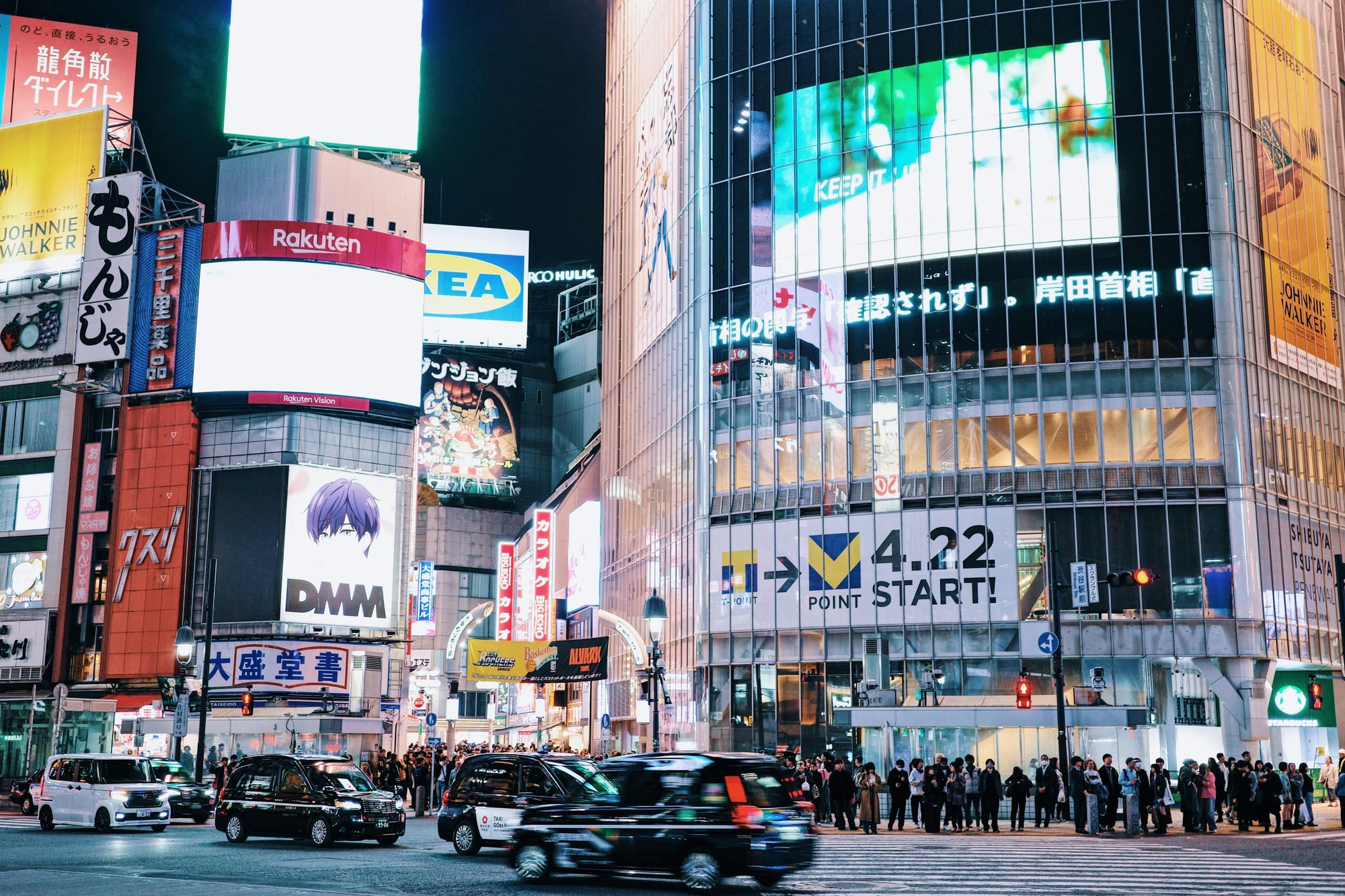
Several weeks ago, we published a news piece about a revised ordinance being put into place in Shibuya aimed at curbing the ongoing issues caused by go-karting tourists that, in recent years, have taken over the central hub. Within that piece, we covered that the upcoming ordinance revision follows an ongoing trend from Shibuya: fluff without sustenance, proposing effective change without adequate enforcement.
In 2024, Japan saw a record-breaking 36.87 million international visitors entering the country. This trend isn't showing signs of slowing down in 2025 and beyond. Whether it's a tourist's first time or part of a yearly ritual, it's almost unavoidable that at some point during their travels, they will make their way to the tourism hub that is Shibuya. And therein lies the root of a problem that, without significant change, will plague Tokyo for years to come.
It's been almost seven years since Halloween in Shibuya took a turn for the ugly in 2018, when four individuals were arrested, and several more referred to prosecutors, for overturning a truck in the middle of Center-Gai. Though a sight made all-too-common internationally, whether after a major sporting win or the likes, this event gripped the media cycle in Japan for weeks, and led to strict crackdowns on Halloween revelries in Shibuya. It was a major turning point for the city; though never officially advertising themselves as the go-to spot for Halloween, anyone with access to the internet pre-2018 likely had seen the troves of individuals clad in costumes in the streets over a 3-day period. But following the events of 2018, the city truly had to reflect on how it wished to present itself to the world moving forward.
Flashforward just four years later in 2022, tragedy struck in South Korea when the Itaewon neighborhood of Seoul experienced a crowd surge during Halloween festivities, ultimately resulting in the loss of more than 150 lives. While there was no shortage of media coverage in Japan following the tragedy, the question on everyone's mind was how the nation's own Halloween hotspot would prevent something like this from happening domestically. Ultimately, that answer came in the form of total Halloween cancellation within Shibuya – a somewhat sorry state of affairs, seeing an increased police presence in the city surrounding the three days around Halloween, commanding those in the city to get in and get out. If this was the first time Shibuya was taking effective action, it would also be one of their last.
Regardless of the time of year, many tourists revel in the idea of public drinking being legal in Japan – many would even chime that it's just one of the many charms of this already "quirky" country. Whether it's through accounts such as "Shibuya Meltdown" or any of the many copycats that have popped up over the years, one thing was certain to the starry-eyed tourists: if they're going to drink, let it be while walking through the streets of Shibuya.
So let's say you do start drinking on the streets of Shibuya after 6 pm, what can you expect? Well, if you happen to catch the eyes of one of the many elderly volunteers patrolling the area, you can expect a request for you to dispose of your alcohol into the plastic bag they are carrying – but it stops there. If I held no respect for the rules, to me, I'd simply see this as a free opportunity to dispose of my finished drink, in a city well-documented internationally as not having public trash disposal available in the streets.
Drinking alcohol is banned from 6 p.m. to 5 a.m. daily in public spaces such as on the streets, parks, and around Shibuya Station. Thank you for your cooperation.https://t.co/O1LRtya5MO pic.twitter.com/Pem1sTlDWn
— 渋谷区 (@city_shibuya) November 15, 2024
It's a similar state of affairs with their handling of the go-kart issue – a change request, without any enforceable rules, that ultimately positions a pseudo-win-win for all parties. Shibuya's council gets to seem like they're doing something, while the go-kart companies simply get to ignore the request.
Ultimately, Shibuya as a city is locked into a position where its actions play a larger role in the way Japan handles this period of overtourism. If a city like Shibuya can't play its cards right, causing a ripple effect of change across the capital, there's no reason for others to follow suit. If the late 2010s marked the loss of culture for Shibuya, the 2020s have seen the loss of rules, and at this rate, there's no signs of turning that around.



